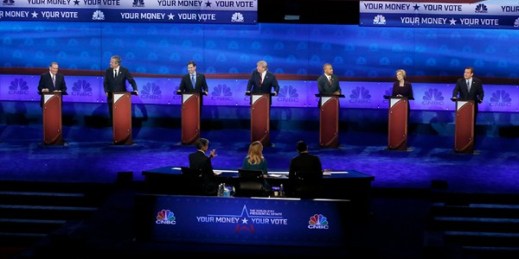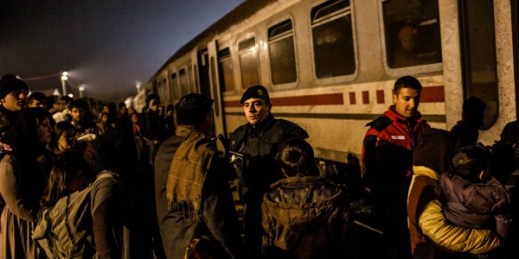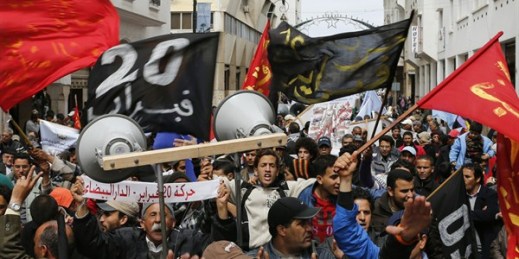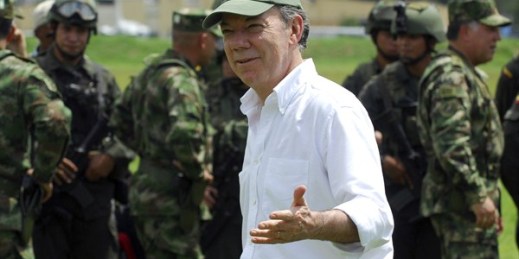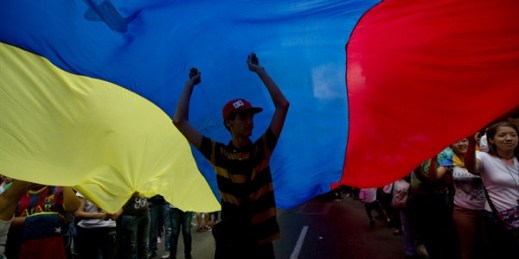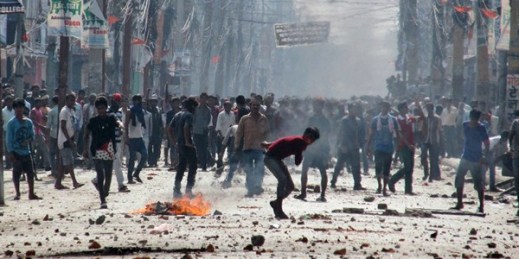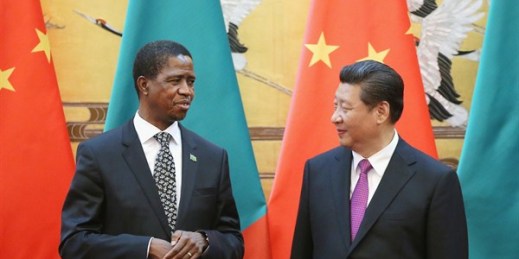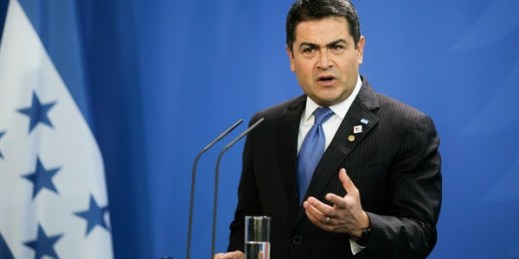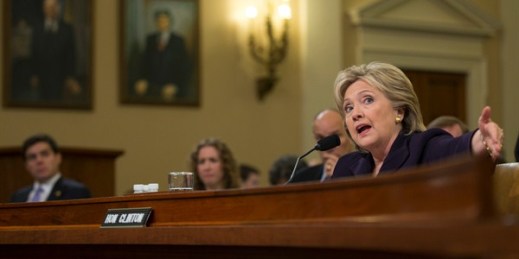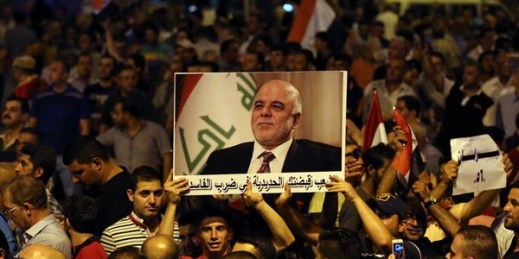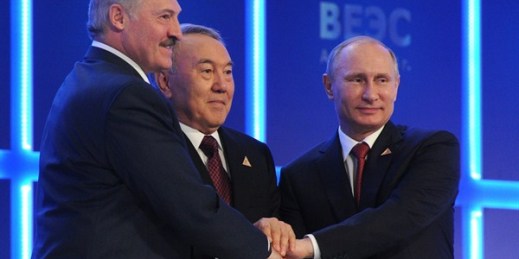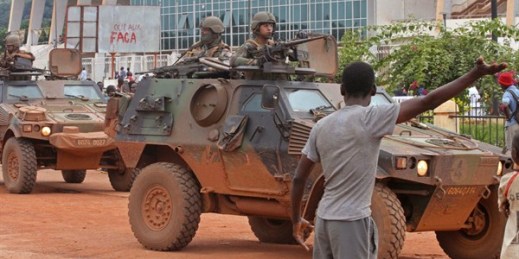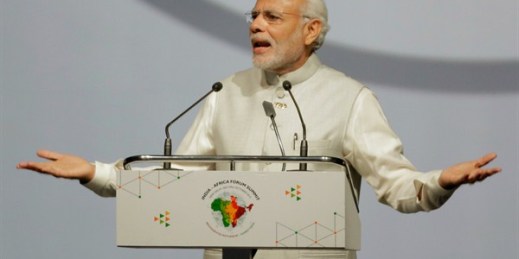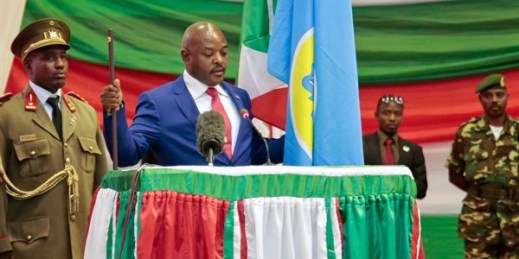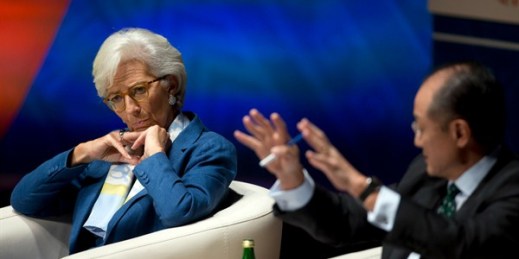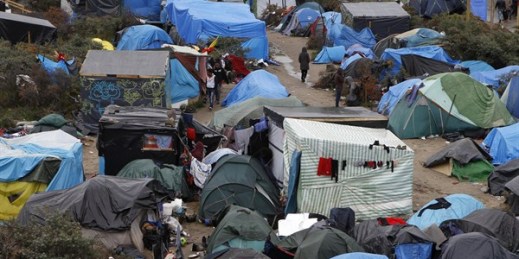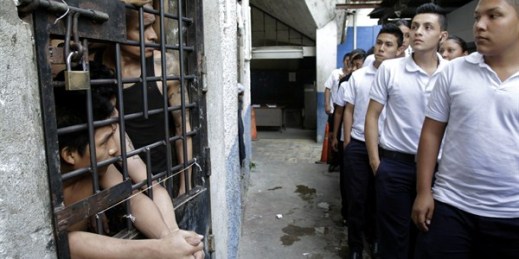
Editor’s note: This article is part of an ongoing WPR series on the impact of corruption and various countries’ efforts to combat it. Corruption wracks Latin America, but some governments across the region have taken measures to improve transparency and accountability. In an email interview, Geoff Thale, program director at the Washington Office on Latin America, discusses El Salvador’s approach to combating corruption and organized crime and the challenges that remain. WPR: How big of a problem is corruption in El Salvador, and in what areas is its impact felt most strongly? Geoff Thale: Like Honduras and Guatemala, El Salvador […]

